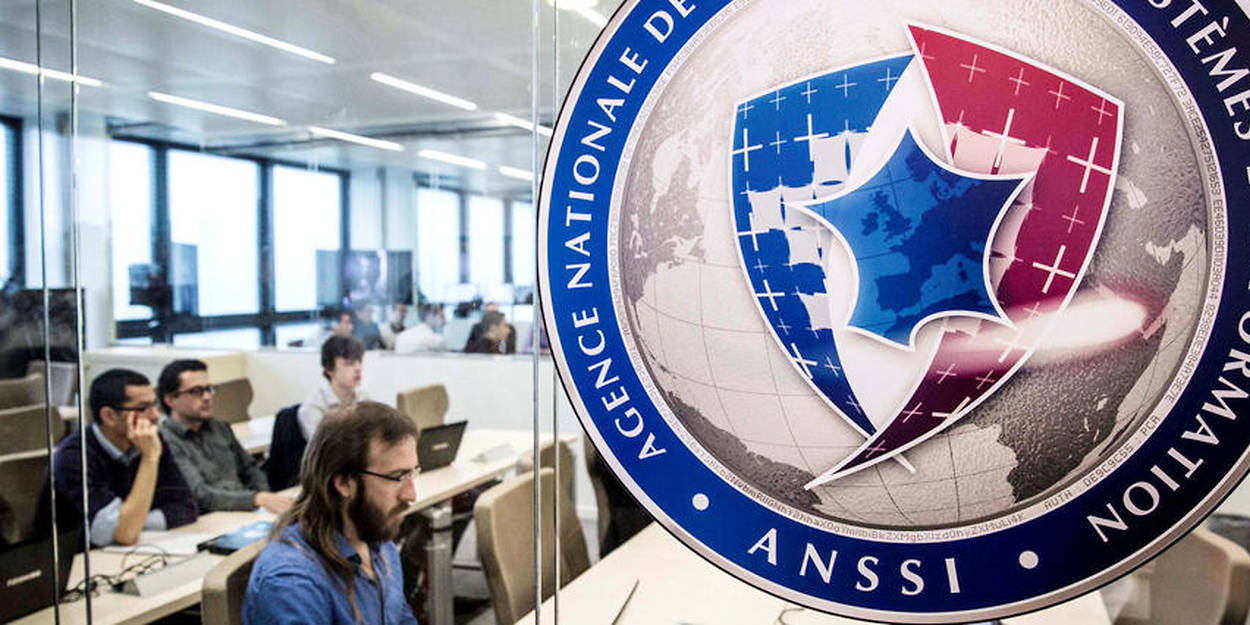
The global health crisis in favour of cybercrime
3 months now that the whole world is shaken by a health crisis.
The Covid-19 pandemic has succeeded in undermining the health system of all states of the world. But beyond this health problem, another evil survives below, that of cybercrime. Indeed, hackers and cyber-prisoners are on the rise.
This article will also interest you: Covid-19: Digital Health at Risk as well as Physical Health
This situation favours their business in that it forces many professionals today to work remotely. This remote work is usually done thanks to the digital solution and the internet, their main playgrounds. On the other hand, their attraction to health institutions has really increased. For this reason hospitals are usually victims of choice. It is for this reason that in France, the National Agency for Information Systems (ANSSI) constitute hospitals as a priority in the fight against cybercrime. Especially when we know that for some time, hospitals have been of interest to hackers, if we refer to the many attacks that have been suffered by these institutions since last year and the beginning of 2020, even before the explosion of the pandemic. Faced with this long-running danger, experts are mobilizing and preparing to fight the invasion of cyber malice. This is a global health issue. "The information systems of health facilities and those that contribute to essential services need to be available more than ever. We must be able to mobilize, either because we are directly concerned or to support those of us who protect these essential systems. mylène Jarossay, President of CESIN.
On the other hand, cybersecurity companies on their side are beginning to mobilize strongly. Some go so far as to offer their service free of charge to the health service. This is the example of Mailinblack, a company that publishes anti-spam solutions that offers French hospitals free of charge and without commitment. "Hospital staff need to focus on patients, not computer problems that would slow down the processing of cases. The company's spokesman said in a recent statement. She is not the only one to offer this kind of almost fortuitous assistance. This is also the decision of the American firm specializing in securing desktops and computer servers, SentinelOne. The latter offers the free use of its security services for the next 2 months. "While antivirus is completely outdated, our artificial intelligence and behavioral analysis technology can prevent and stop all threat vectors and other cyber attacks. says Franck Trognee, the head of distribution of SentinelOne's solutions offering for Southern Europe.
Outside of hospitals, the targets of choice for hackers are also workers. In France, almost 8 million potential teleworkers have been counted since the government-imposed containment was triggered. A rather special situation that is very popular with cyber criminals. False e-mails inviting people to carry out activities or participate financially in research for vaccine discovery continue to proliferate danger to all workers. Phishing has never benefited cybermals so much. "As in any troubled time, we know that cyber criminals are taking advantage of this situation to redouble their imagination in preparing their attacks. Attack techniques remain relatively conventional. It is the anxious climate that is changing the situation.
And many users who discover telework in an unusual mode, could be destabilized in the face of attempts at online manipulation. Mylène Jarossay of CESIN reports. For his part, Christian Poyau, chairman of Medef's Technology Change and Societal Impacts Committee, points out: "Telework adds a strong constraint on cybersecurity, especially if a large part of the company is switched to this mode of operation. ».
Experts in the face of this flood always advise: "Before any suspicious order, request for a change of RIB or request for an exceptional transfer, have it confirmed by contacting the applicant directly and have the transaction validated by your hierarchy. ».
Now access an unlimited number of passwords:
